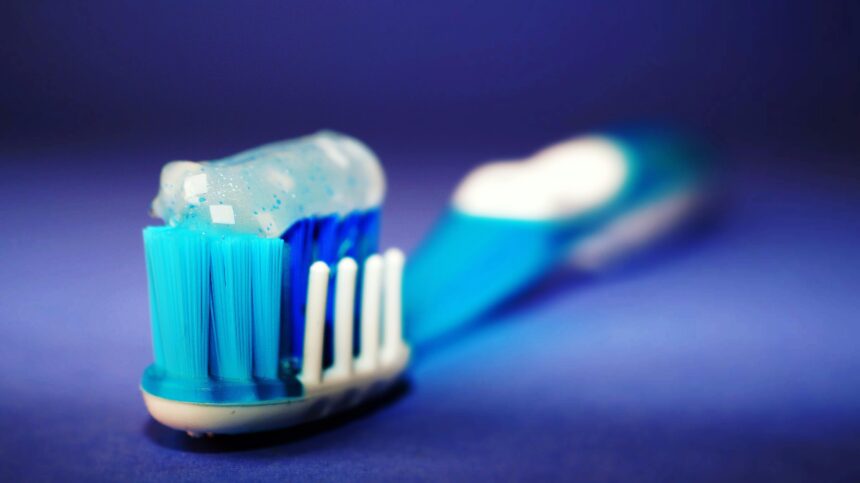The term “proper oral practices” refers to a collection of routines and actions intended to uphold proper oral hygiene and advance general dental health. Maintaining good oral hygiene is crucial to avoiding conditions like gum disease, tooth decay, poor breath, and other dental difficulties. Regular brushing and flossing, dental exams regularly, a balanced diet, and lifestyle decisions that reduce the risk of oral health problems are usually the mainstays of good oral hygiene. Here are six (6) proper oral practices;
Brushing; to strengthen enamel and help prevent tooth decay, use fluoride toothpaste. Select a toothbrush with soft bristles to prevent harming the gums and tooth enamel. Brush the front, back, and chewing surfaces of your teeth for a minimum of two minutes. Make circular, soft movements and be thorough without being forceful.
MUST READ; 7 Ways to Manage PMS for Women
Floss; where a toothbrush might not be able to reach, clean between teeth with dental floss or interdental brushes. To remove plaque and debris, carefully move the floss between teeth, producing a C shape around each tooth and sliding it up and down. To prevent injury, be sure to gently floss below the gum line.
Mouthwash; if your dentist recommends mouthwash with fluoride or antimicrobials, think about using it. To get the most out of the mouthwash, swish it for the prescribed amount of time. While mouthwash can be a useful supplement to your oral hygiene routine, it should not be used in place of brushing and flossing.
Regular Check-up; Make an appointment for dental examinations every six months, or as your dentist recommends. Regular brushing and flossing are insufficient to eradicate tartar, which is removed with the assistance of professional cleanings. Dentists can recognize possible concerns early on and take appropriate action to avert more serious complications.
Limit Acidic Foods; Tooth enamel can be weakened by acidic meals and beverages. Eat them in moderation, and then rinse your mouth with water. After consuming acidic foods, wait at least half an hour before brushing your teeth to prevent damage to the enamel.
Stop Smoking; Gum disease, tooth decay, and oral cancer are risks that are increased by smoking and tobacco usage. Reducing or staying away from these goods is essential for bettering general oral health.
In conclusion, following recommended dental hygiene procedures lowers the accumulation of germs and plaque in the mouth, keeps teeth and gums healthy, and improves the oral cavity’s general health.


